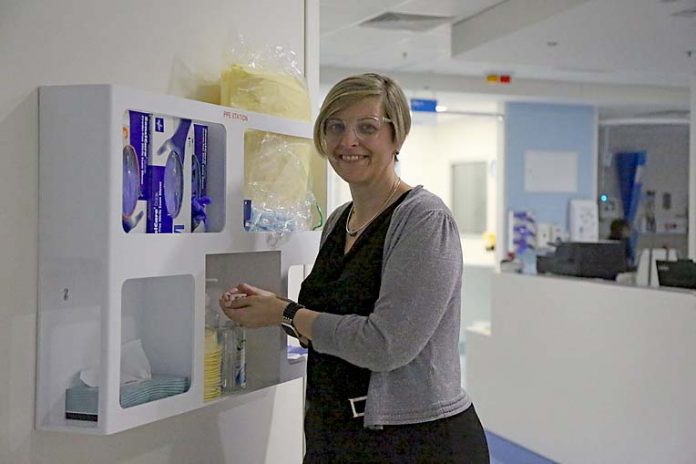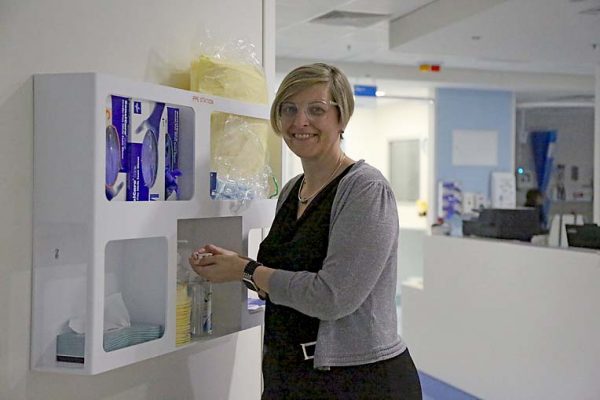

ONE of the Limestone Coast’s highest ranking medical professionals has urged people with flu-like symptoms not to present to emergency departments unless they have returned from overseas or been in direct contact with someone diagnosed with of coronavirus.
With a growing number of cases of coronavirus confirmed across Australia, Limestone Coast Local Health Network medical services executive director Dr Elaine Pretorius said community members needed to remain vigilant, but refrain from panic.
Dr Pretorius said individuals who have travelled internationally in the past 14 days with flu-like symptoms should phone the hospital before presenting to the emergency department.
She expressed concern about a potential influx of individuals who were unlikely to have contracted the virus, putting pressure on the emergency department.
“The suitable people to screen for COVID-19 are the people who have travelled in the last 14 days, especially in the high-risk countries such as South Korea, Italy, Iran and China,” Dr Pretorius said.
“Now it is a pandemic, everybody who has a 14-day history of travel plus the symptoms of the flu would be the ones we would screen.
“If you have just been around Mount Gambier and you have flu-like symptoms, we will not recommend you be screened.”
Dr Pretorius said while there were no confirmed cases of the virus in regional South Australia, health facilities across the region were well-prepared for a potential outbreak.
She said hospitals had increased the quantities of personal protective gear ordered, as well as bolstered the existing infection control processes to protect staff and patients.
“We are in the containment phase, but we have made sure when somebody presents we have a room where they can be isolated,” she said.
“We are clear around how tests will be done and they will recommend the patient will self-quarantine.
“One of the very important things we do is fit testing, which is where we look at the very specific masks which checks whether a mask properly fits the face of someone who wears it.”
Ms Pretorius said another contingency plan comprised of annexing an area of the hospital as a coronavirus clinic to test people in isolation and restrict the spread of the disease.
Special coronavirus clinics have been established at the Royal Adelaide Hospital, Flinders Medical Centre and Lyell McEwin.
“It is important to keep people out of the emergency department because when you have sick people in an area as well as someone who is infectious, you do not want it to spread,” Dr Pretorius said.
“We have not had enough people yet to justify setting up a clinic like that, we have been lucky so far but we are planning so once we have to flick the switch, we will be ready.
“South Australia has been lucky so far, but I would not be surprised if we see a quick increase.
“The infection rate of the virus is 2.2, which means with every contact it is likely to spread to 2.2 people which is very quick.”







